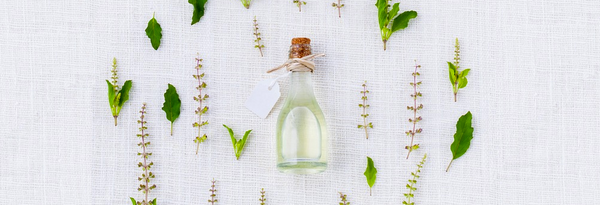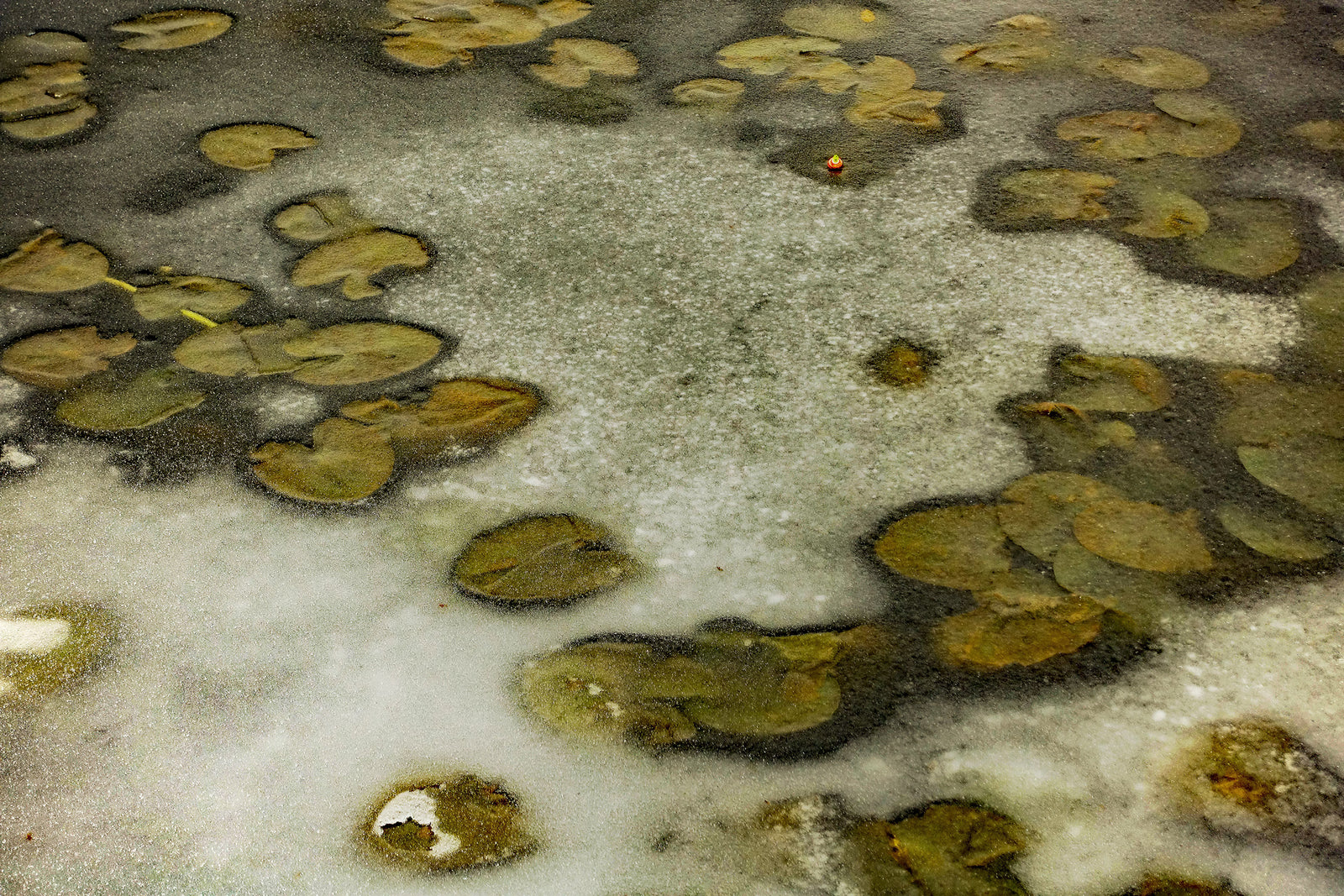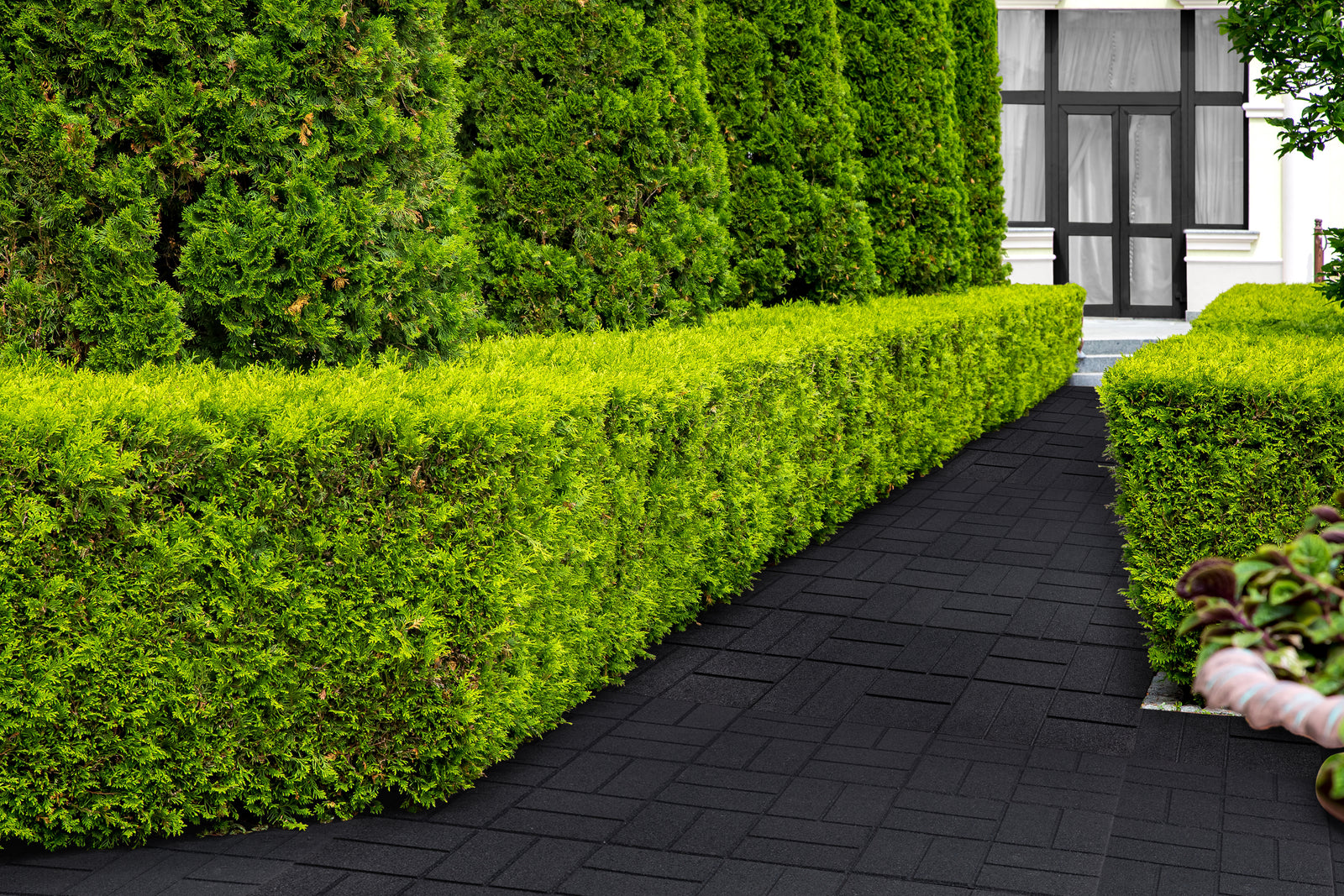September 06, 2016
Alternatives to Using Pesticides

Pesticide Alternatives
Pesticides have become an easy option to get rid of garden pests that threaten to destroy all your hard work. But these very pesticides can be harmful to other beneficial inhabitants in your garden and to your well being with all the chemicals in these concoctions.
The good news is that there are many non-toxic alternatives you can use that will also protect the good inhabitants of your garden.
Here are a few alternatives to pest removal and prevention that you can implement in your garden:
Neem Oil
A natural insecticide with low levels of toxicity, this oil extract can ward off weevils and other garden pests. Just mix a few drops of the oil concentrate with water and spray on affected areas.
Crushed Eggshells
Finely crushed eggshells sprinkled around your plants deter slugs and snails by scratching their smooth skin. While doing that, eggshells also provide a good source of calcium for your plants.
Salt Sprays
Mixing 2 tablespoons of Himalayan crystal salt with a gallon of warm water can be used to treat spider mites. Just spray the concoction on the affected areas.
Cayenne and Citrus Oil
This spicy and acidic mix is a good organic pesticide that effectively gets rid of ants. Simply mix a cup of warm water, 10 drops of citrus essential oil and a teaspoon of cayenne pepper. Shake and spray liberally onto affected areas.
Eucalyptus Oil
Aside from smelling like a spa, sprinkling a few drops of eucalyptus oil is a good natural pesticide for wasps, bees and flies.

Vinegar and Water
An effective mildew killer. Mix one-part vinegar with three parts of water and spray on leaves and other areas affected with powdery mildew. Making sure your plants have a good drainage and are planted in a sunny area allowing them to properly dry can also help prevent mold and mildew growth.
Reintroduce/Invite Helpful Bugs
Thanks to nature’s balance, many garden pests have an equivalent predator in nature. All you need to do is use that to your advantage. Ladybugs feed on aphids tirelessly, Lacewings eat many soft bodied insects, birds feed on beetles – the list goes on. Arm yourself with knowledge and you’ll know which soldiers to add to protect your garden.
Keep Foliage Dry
A damp, musty foliage will encourage fungal growth, insects, and even slugs to inhabit your garden. To prevent that, water early so that your foliage is kept dry most of the day. Also consider investing in some rubber mulch to add to the foliage to reduce the amount of material that pests can feed on.
You’ll be surprised how many of your household items can be used to help your garden. Aside from those tips, making sure you start from healthy organic soil gives a good foundation for your plants, giving them a better chance at thriving. Pulling out weeds and weak plants are also a good way to maintain your overall garden health. There are many ways to keep your garden healthy without the use of chemical pesticides that can be harmful, all you need is a little bit of research.
What are some natural alternatives to pesticides for garden pest control?
Natural alternatives to pesticides include various substances and methods that are less harmful to the environment and beneficial garden inhabitants. Neem oil, for example, is a natural insecticide effective against weevils and other pests. Crushed eggshells deter slugs and snails while providing calcium to plants. Salt sprays, made from Himalayan crystal salt and warm water, can treat spider mites. Cayenne and citrus oil mix is useful against ants, and eucalyptus oil is effective for repelling wasps, bees, and flies. Vinegar and water mixtures serve as mildew killers. These alternatives are not only eco-friendly but also utilize common household items, making them accessible and cost-effective.
How can household items like eggshells and vinegar be used in pest control?
Household items can be surprisingly effective in pest control. Crushed eggshells, when sprinkled around plants, deter slugs and snails due to their abrasive texture. Additionally, eggshells enrich the soil with calcium, which is beneficial for plant growth. Vinegar, when mixed with water, can be an effective solution against powdery mildew, a common fungal issue in gardens. These remedies are not only cost-effective but also reduce the reliance on chemical pesticides, making them a safer choice for the environment and garden dwellers.
Can introducing certain insects to your garden help with pest control?
Absolutely, introducing specific beneficial insects to your garden can significantly aid in pest control. Nature's balance involves predator-prey relationships that can be harnessed in gardening. For instance, ladybugs are natural predators of aphids, and they can tirelessly control aphid populations in a garden. Lacewings are effective against many soft-bodied insects, and birds can help manage beetle populations. Leveraging these natural predator-prey dynamics is a sustainable and environmentally friendly way to manage garden pests.
What are the benefits of keeping garden foliage dry?
Keeping garden foliage dry is crucial in preventing various garden issues. Damp and musty foliage can encourage the growth of fungi, attract insects, and create a hospitable environment for slugs. Watering plants early in the day ensures that foliage remains dry for most of the time, reducing these risks. Additionally, using materials like rubber mulch can decrease the amount of organic matter available for pests to feed on, further protecting the garden. This practice not only helps in pest control but also promotes overall plant health and vigor.
Why is starting with healthy organic soil important for garden health?
Starting with healthy organic soil is foundational for a thriving garden. Organic soil is rich in nutrients and beneficial microorganisms, which are essential for robust plant growth. Healthy soil provides a strong foundation for plants, enhancing their resilience against pests and diseases. Moreover, maintaining garden health by weeding out weak plants and pulling weeds ensures a less hospitable environment for pests. Using organic soil is a proactive approach to garden health, reducing the need for chemical interventions and supporting a more sustainable and environmentally friendly gardening practice.

Also in Rubber Mulch Blog

Embracing Eco-Friendliness by Choosing Rubber Mulch for Your Playground
June 17, 2025
“Reuse, Recycle, and Reduce” are three main aims when it comes to preserving the health of our planet. Rubber mulch definitely falls within their scope. Conserving resources, energy efficiency, and better health for kids are all rubber mulch benefits.

Effective Mold and Fungi Prevention: The Hidden Value of Rubber Mulch
October 31, 2024

Create Your Own Sensory Path with Rubber Pavers
October 28, 2024
shop
Copyright © 2025 RubberMulch.com - All Rights Reserved.






